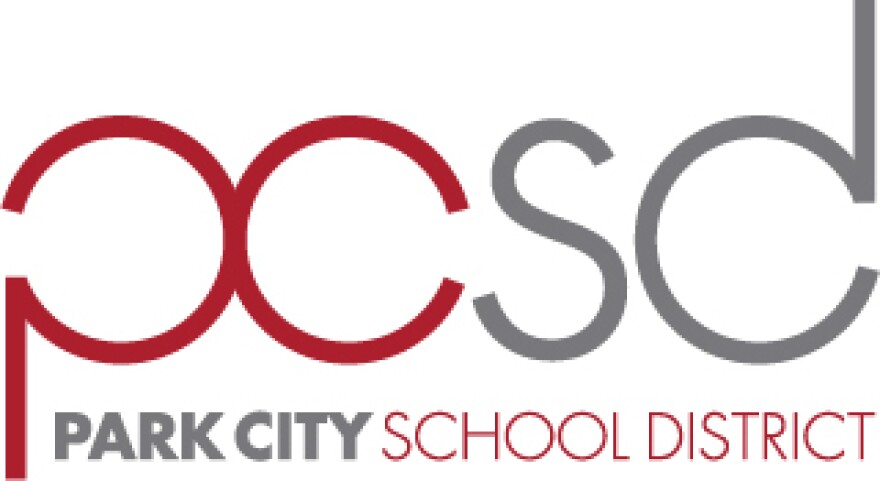Park City’s new Superintendent, Jill Gildea isn’t quite settled in her new home in Jeremy Ranch, still, she loves her new neighborhood. Meanwhile, the school district is moving at a quick pace with board meetings and a retreat, master planning committee work and new curriculum roll-outs. Carolyn Murray has this:
The Park City Board of Education voted unanimously to adopt the state required Early District Literacy Plan. Traci Evans, Assistant Superintendent of Teaching and Learning presented the plan Tuesday with a goal to help about 70 percent of Park City students become better readers and meet the annual benchmarks. Evans stressed the critical benchmark for 3rd graders is to read at grade level, so they don’t fall behind. Board member, Petra Butler voted in favor of the plan but said she’s concerned about how the district plans to address the other 25 to 30 percent of students who don’t hit the progress benchmarks. Superintendent Gildea says one program can’t address all literacy needs.
“Each district will address the seven core areas that help develop readers. So, that is everything that you mentioned from Fundations which incorporates chronological awareness which some of the programs do not include in a traditional reading basal program. And, the next pieces of course, are that fluency of reading and the accuracy of reading. And then, you know, you can’t forget vocabulary enhancing because the academic content vocabulary helps kids grow. And you can’t only focus on fluency and competency and forget about comprehension.”
Gildea says the district’s Multi-Tiered Systems of Support, referred to as MTSS, and already in place, can help each student reach their potential and is a more modern approach of teaching and learning.
“It’s not just about a literacy course or class in isolation. It’s about what we do with whole child development and whole child philosophy. So, all of these scaffolds and supports are going to provide the universal Tier I curriculum for all students. And then help develop additional inputs and strategies who aren’t getting it right away or who might be falling behind.”
Four new interventionists, one for each of the elementary schools, were approved in this year’s budget. Gildea says the people hired for the new positions come from inside and outside the school district.
“Some of these people are growing within the system so they are not brand new to Park City. So, not everybody comes in brand new to be an interventionist or literacy specialist. There are people that have acquired additional education and training who move into these roles. So, it’s a little different onboarding someone who’s brand new, you know, then moving into this more specialized role.”
As part of the district’s master planning initiative, an Education Summit is being planned for this fall. The Master Planning stakeholder committee met, for the first time, last week but it didn’t include teachers. Gildea says for those teachers involved in the visioning work, it will be a time commitment of about 25 hours.
“And this is a facilitated dialogue with our external partners who are working on the master plan process really trying to start this with visioning, education, today and tomorrow. There will definitely be teachers. There’s a small steering committee of I believe it is 21 individuals that are working with these outsource partners on the master facility plan process. As a community-based group, we also have a parallel track which includes many educators.”
In other school board updates, the district is replacing two of its diesel school buses with propane-powered buses. Gildea says the cost to run them is about the same but fuel stops are more complicated. She says electric school buses aren’t yet a viable option.





